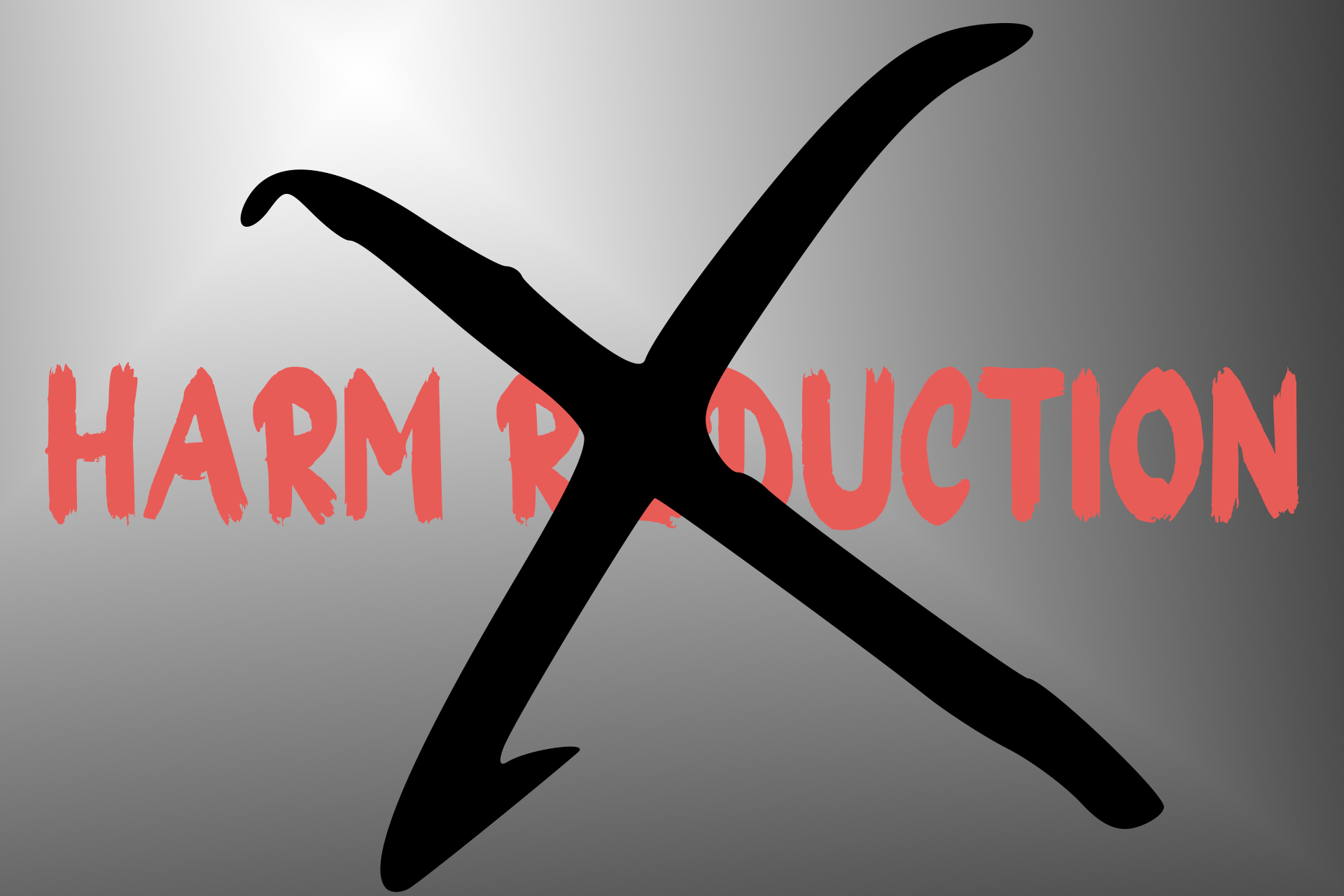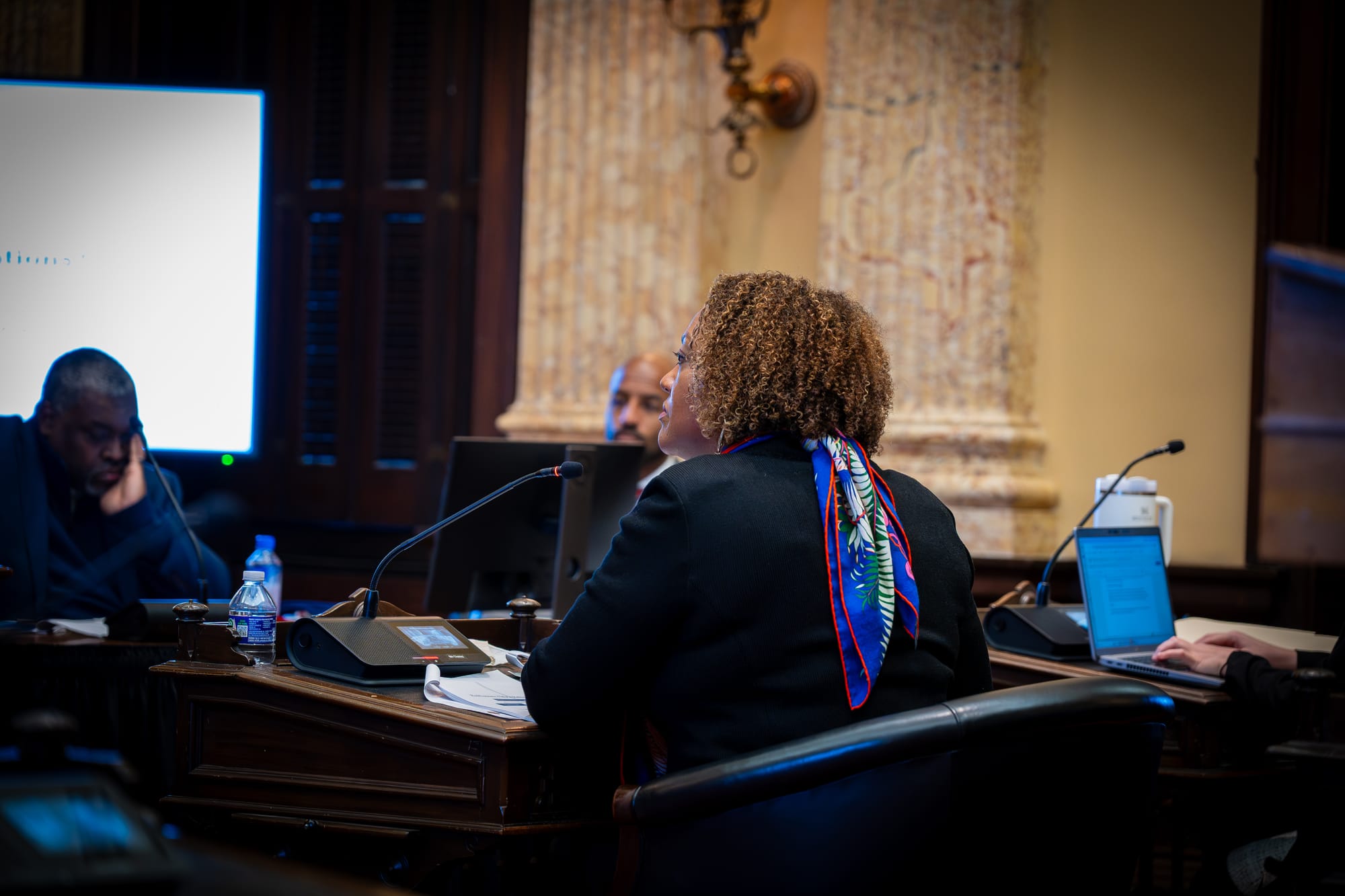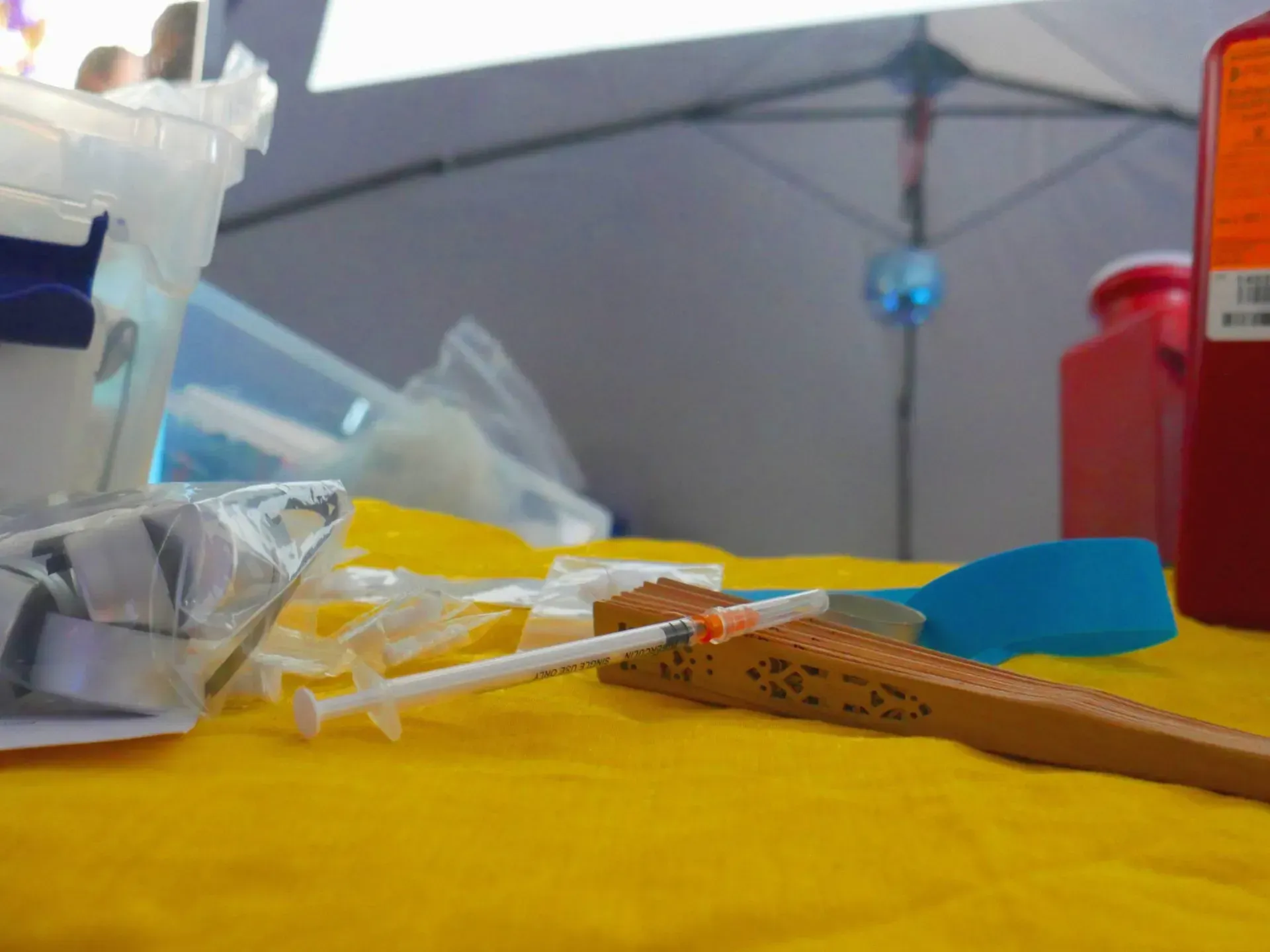
Amid calls for the adoption of more ambitious harm reduction initiatives to combat Baltimore’s unprecedented overdose crisis, Councilman Ryan Dorsey says it’s important not to mince words: overdose prevention centers are needed now.
Dorsey’s endorsement of OPCs, which provide people a safe, judgment-free space to use drugs under the supervision of medical professionals, came at the tail end of a two-hour-long public hearing on the city’s overdose crisis. Though his support is not new, his calls at the July 9 hearing provided an unusually explicit and public endorsement of city-sanctioned programs — a stark contrast to Mayor Brandon Scott and his administration.
“One thing I can say that I’ve come to understand as absolutely critical to our path forward is overdose prevention centers,” Dorsey said. “I don’t think we can get this going quickly enough.”
Dorsey, who spoke about his experience in abstinence-based recovery, said he has gained a “very personalized” perspective on drug use and treatment as city officials mull how they will spend hundreds of millions of dollars to address a crisis that has killed thousands of residents, a disproportionate number of which are older Black men, over the past decade.
“It’s absolutely tragic when [drug users] die unnecessarily,” Dorsey said. “That’s the difference overdose prevention makes: that people do not die unnecessarily.”
Dorsey was passionate in his comments, but a lone council member does not have the power required to implement OPCs at the city level, despite harm reductionists in Baltimore calling for them for years.
Any such program would require an inter-agency, coordinated effort approved by the mayor, who has only endorsed state-level legislation that would legalize as many as six OPCs. Despite repeated questioning by the media, he’s fallen short of endorsing city-sanctioned programs — something Dorsey previously said he fully supports.
OPCs, also known as safe consumption sites, are scarce in the U.S., only operating in New York City and Providence, Rhode Island, with the New York City sites operating without any explicit approval by state law.
However, they have been crucial programs in other areas of the world for years, where studies have shown they reduce HIV and hepatitis transmission, prevent overdose deaths, and reduce public use of drugs.
They’re also seen as the golden standard for moving away from a criminalized approach to drug use, which could have major implications in a city where almost all people arrested for drug crimes are Black.
Bills to create OPCs have been introduced in the Maryland General Assembly for the better part of a decade, but they’ve repeatedly died in committee.
Though Mayor Scott has the authority to unilaterally impose measures such as OPCs, he has repeatedly declined to comment on the matter despite naming them a “legislative priority” this year.
After the city council’s first public hearing — which came after similar hearings over the last year were cancelled in response to pressure from the mayor’s office because of ongoing opioid litigation — a member of his administration seemed to indicate he’s more open to the process after another year of setbacks in the General Assembly.
“Mayor Scott is unequivocal in his support of overdose prevention centers as a tool in the toolbelt to keep people alive,” said J.D. Merrill, the mayor’s deputy chief of staff, after the public hearing.
“We are looking for all possible avenues for how to do it in Baltimore. But I want to be really clear: We have to do this the right way. We can’t go the way of Philadelphia. We have to do this right, because if we don’t it’s going to damage the harm reduction movement.”
The allusion to efforts to open OPCs in Philadelphia has been a sour subject for harm reductionists.
In President Donald Trump’s first term in office, the Department of Justice blocked a nonprofit called Safehouse from opening a center in Philadelphia, much to the chagrin of advocates and public health experts. The organization, which offers other harm reduction services, has been in a lengthy legal battle with the federal government ever since.
Candy Kerr, spokesperson for the Baltimore Harm Reduction Coalition, said the city can’t afford to wait. During the hearing, she invoked William Miller Sr., a ubiquitous figure in the harm reduction community who died in 2020.
“If [an OPC] had been opened in the City of Baltimore, we might not have lost him a few years ago. So I come here to stand on that.”
It is clear, however, that the city is paving the way for the sites in Baltimore sometime in the future.
Last week, officials unveiled a sweeping strategic plan to serve as a roadmap for the city’s overdose prevention and substance use treatment initiatives, aiming to cut fatal overdoses 40% by 2040.
Though the two-year, 20-page draft plan makes no mention of OPCs, it explicitly states that one of the city’s priorities is to “increase access to a full array of low barrier harm reduction services (including naloxone distribution, drug checking, syringe service programs, and other evidence-based strategies,” the latter of which indicates OPCs would fall under that criteria.
At Wednesday’s hearing, Sara Whaley, executive director of the city’s overdose response, reiterated the plan could be a way to meet Dorsey’s goal.
“In the strategic plan, you’ll find references to things like ‘low-barrier access’ to services that feasibly could be something like an overdose prevention center,” Whaley said.
It’s unclear whether there is enough support among council members to steer the city toward city-sanctioned sites. Councilwoman Phylicia Porter, chair of the Public Health and Environment Committee, said she wants to explore the sites but also wants to ensure there is proper “inter-agency coordination” in place to do so.
Councilman Mark Conway, the committee’s vice chair who publicly feuded with the mayor after public hearings he scheduled last July and this February were cancelled, was not present at the meeting.
A lack of full-throated support among council members, on the other hand, was not reflective of the crowd. At the hearing, about half a dozen harm reduction organizers said OPCs were an absolute priority to advance their work, also proclaiming their support for the decriminalization of drug paraphernalia — another potential city-level initiative that the mayor has only supported in the General Assembly.
The Public Health and Environment Committee will hold three more hearings on the overdose crisis and related matters at 10 a.m. in the City Council's chambers this month:
- July 16: Hearing on legislative oversight of the opioid restitution funds.
- July 23: Hearing on legislative oversight of psychiatric rehabilitation programs.
- July 30: Hearing on oversight of recovery homes and substance use clinics.
In addition, the city will hold four public hearings on its draft strategic plan this month at 5:30 p.m. at the following locations and dates:
- July 9: Cherry Hill Elementary and Middle School, 801 Bridgeway Road.
- July 17: Gethsemane Baptist Church, 2520 Francis Street.
- July 23: Pimlico Elementary and Middle School, 4849 Pimlico Road.
- July 31: Henderson Hopkins Elementary and Middle School, 2100 Ashland Avenue.








Comments